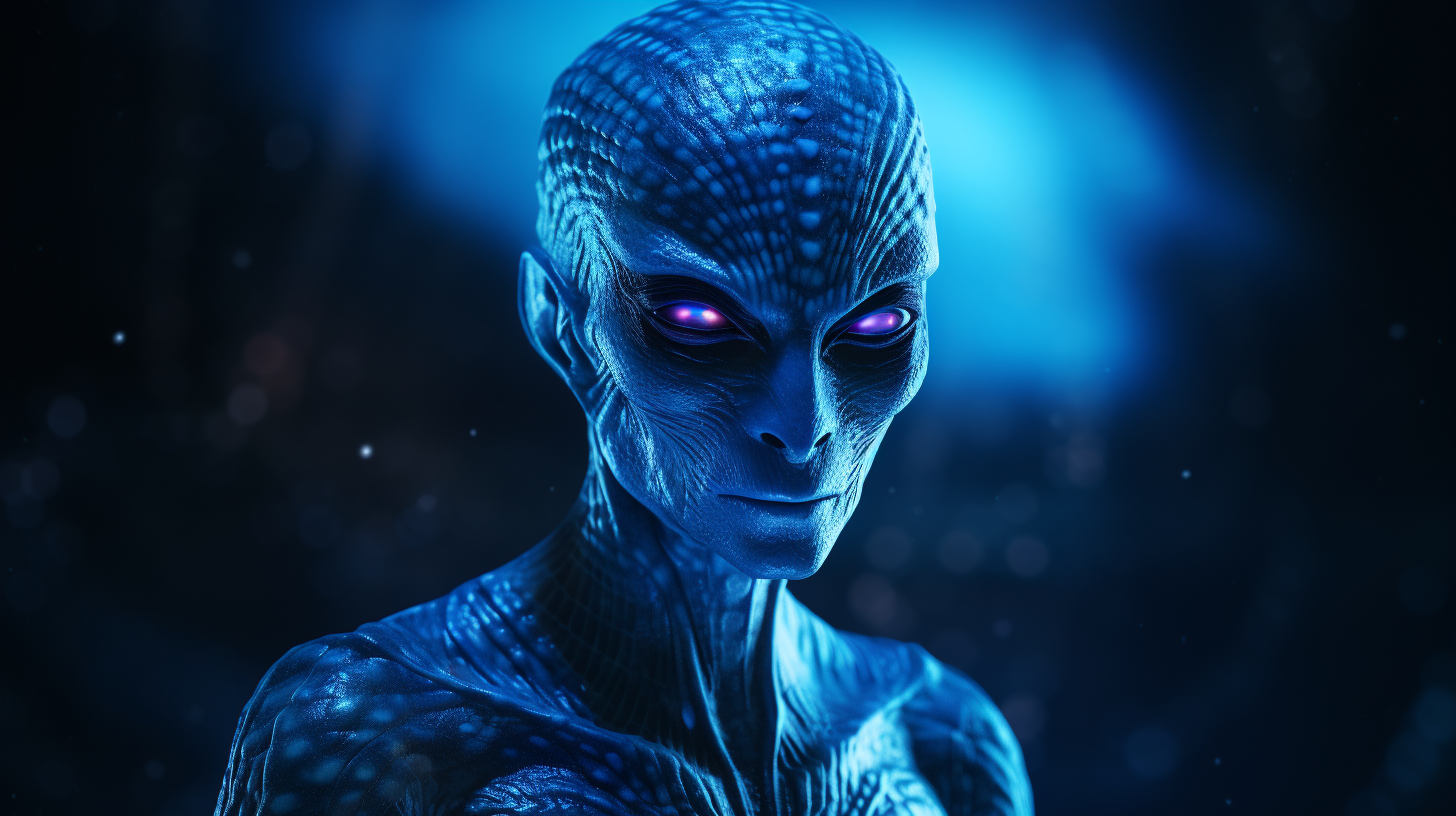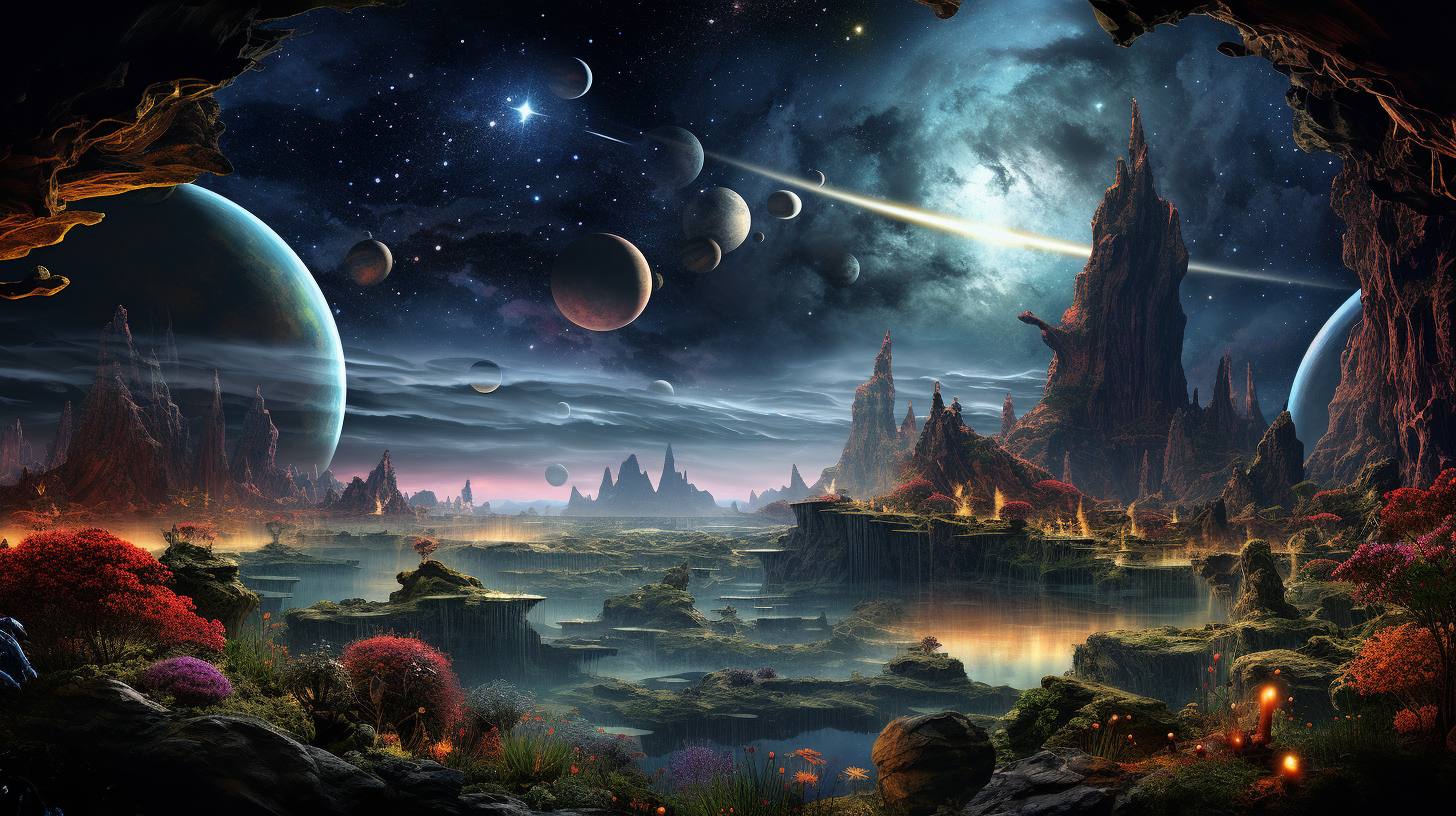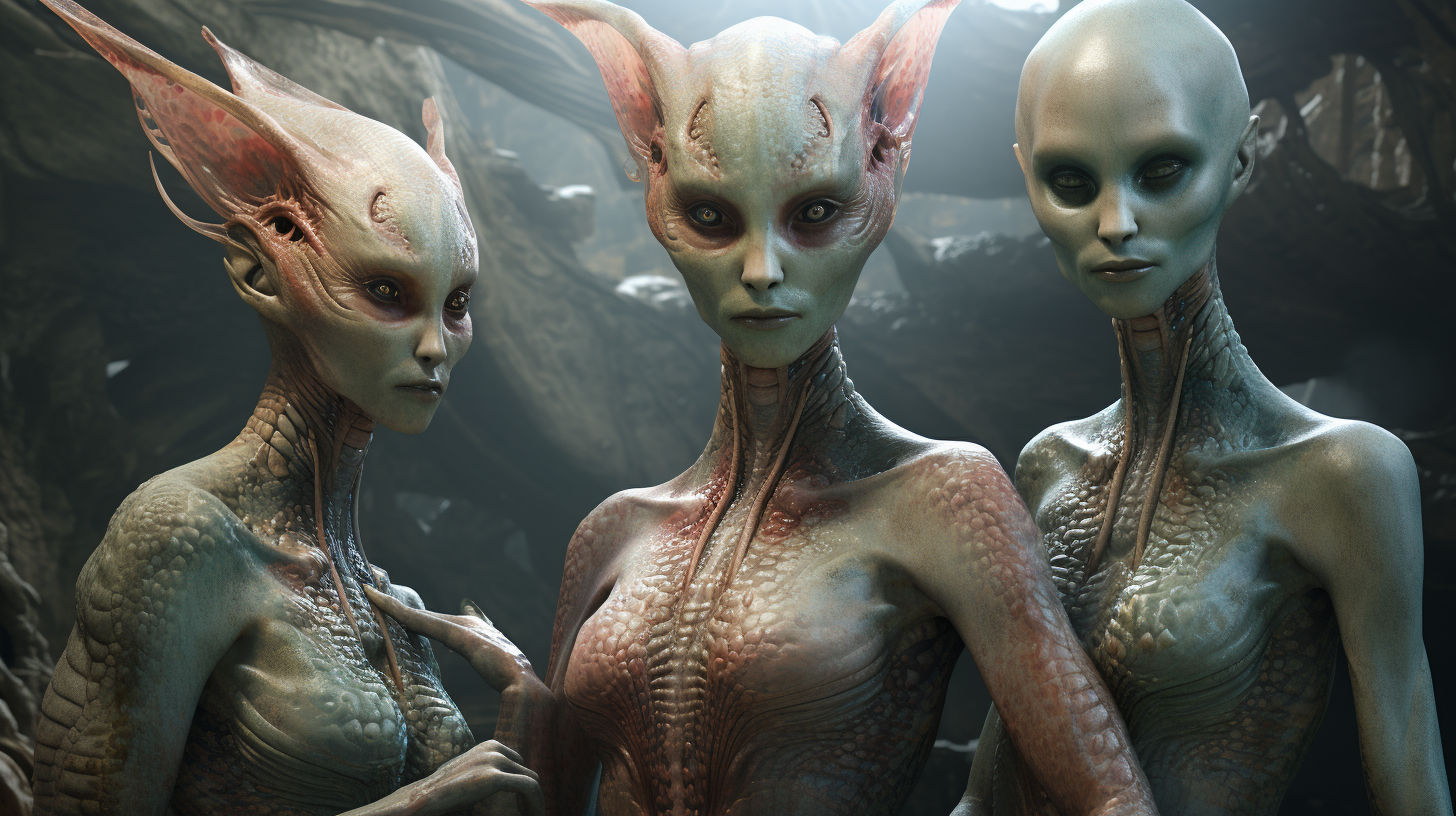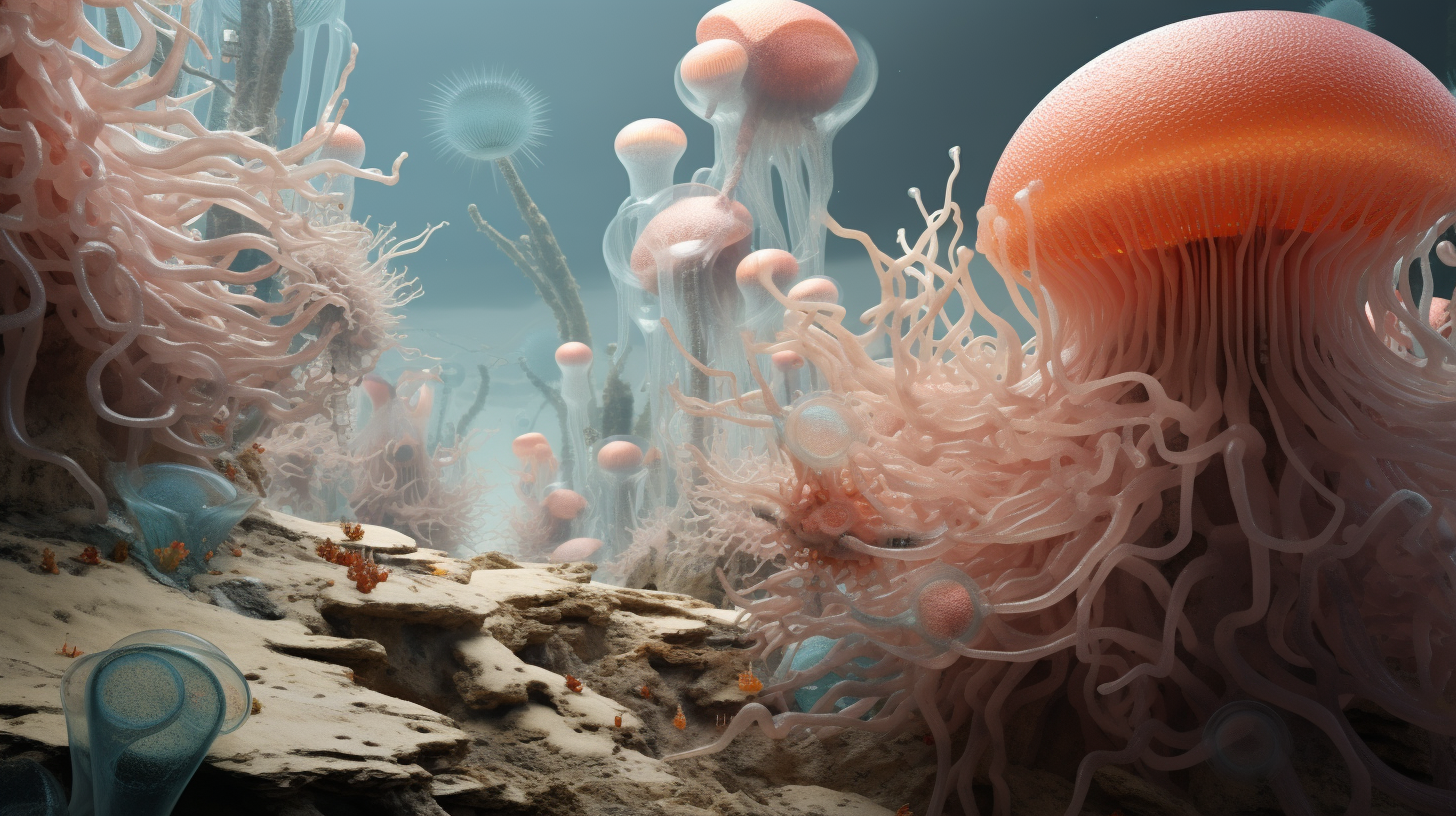The Theory of Directed Panspermia
Imagine a scenario where life on Earth didn’t originate from the primordial soup we’re so familiar with, but was instead seeded, intentionally, from the stars.
This isn’t the plot of a sci-fi movie, but a serious scientific hypothesis known as directed panspermia. A theory of life blurring the lines between science, history, Unidentified Aerial Phenomena and alien lore.
Could it be possible that the answers to humanity’s oldest question, “Where do we come from?” lie in the distant reaches of the cosmos?
What is Directed Panspermia?
Directed panspermia is a hypothesis that suggests life on Earth was deliberately seeded by an advanced extraterrestrial civilization.
This theory was first proposed by the Nobel Prize-winning biochemist Francis Crick, along with his colleague Leslie Orgel, in the 1970s. It’s a step beyond the natural panspermia theory, which argues for the natural spread of life across the universe via meteorites, comets, and other cosmic bodies.
Directed panspermia, however, introduces an intentional element, suggesting a purposeful dissemination of life-forming elements.
This theory is fascinating not only for its bold assertion but also for its implications. It suggests a universe where intelligent life is not only common but also actively engaged in spreading life. The key difference between natural and directed panspermia lies in the latter’s suggestion of a conscious effort to seed life, possibly as a way to ensure its proliferation throughout the universe.
Historical Context and Theories
The idea that life originated elsewhere and was brought to Earth on purpose isn’t new. It stretches back to the ancient world, intertwining with mythologies and ancient alien theories.
- Ancient Alien Theories: These suggest that extraterrestrial beings have influenced human civilization since ancient times. This aligns with the idea of directed panspermia, where advanced civilizations could have played a role in shaping life on Earth. The Anunnaki are the prime example. In Sumerian history, beings that came from the sky created man as a worker race to mine gold.
- 19th Century Speculations: Scientists like Jöns Jacob Berzelius and Lord Kelvin speculated about life’s extraterrestrial origins, albeit without the directed aspect.
- Modern Scientific Discussions: In more recent times, the discovery of extremophiles and the resilience of certain life forms in space have rekindled interest in panspermia theories.
UFOs/UAPs and Extraterrestrial Life
Directed panspermia intersects intriguingly with the ongoing discussions around UFOs and Unidentified Aerial Phenomena (UAP). If life on Earth was indeed seeded by an advanced civilization, it opens up speculative but fascinating possibilities:
- UAPs and Alien Visits: Could UAP sightings be linked to these advanced civilizations monitoring their ‘seeds’ or further influencing the development of life on Earth?
- Search for Extraterrestrial Intelligence (SETI): This hypothesis adds another dimension to SETI’s search, suggesting that we might not just be looking for signals but also for evidence of these life-seeding missions.
While these ideas venture into the realm of speculation, they provide a captivating narrative that ties the mystery of our origins to the enigmatic phenomena of UFOs and UAPs.
Critiques and Alternative Perspectives
Despite its appeal, directed panspermia faces criticism and skepticism:
- Lack of Direct Evidence: There’s currently no direct evidence supporting the idea that life on Earth was seeded by an advanced civilization.
- Alternative Theories: Theories like abiogenesis (life originating from non-living matter on Earth) and natural panspermia provide competing explanations for the origin of life.
It’s crucial to balance the excitement of such a hypothesis with the need for rigorous scientific evidence and exploration of alternative theories.
Wrap Up
Directed panspermia remains a tantalizing hypothesis at the intersection of astrobiology, ancient mysteries, and the search for extraterrestrial intelligence. It challenges us to expand our understanding of life’s origins and consider the possibilities of our connection to the wider cosmos. Whether it’s a reality or a cosmic fairytale, it undeniably enriches the tapestry of ideas about our place in the universe and ignites curiosity about the unknown.





